Intake systems reinforce unconscious and explicit bias. They are difficult to monitor, are prone to shortcuts, and hard to evaluate. Machine Learning offers an opportunity to constructively expose bias as well as a systematic approach that reinforces integrity, equalizes referrals and improves access. We realize Machine Learning isn't inherently unbiassed, but we believe it offers an opportunity to help identify and better respond to bias.
Intake systems can have a significant impact on mental health — both for the highly marginalized and vulnerable clients agencies see, as well as the frontline workers who engage in mentally taxing & draining conversations that inflict vicarious trauma. Machine learning can help us design a better process by comparing the efficacy of different approaches in a systematic and rigorous way. The same tools that let us test the effectiveness of an email campaign, A/B testing, psychological nudges, etc, can also help to make intake a better process.




